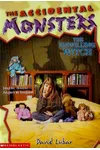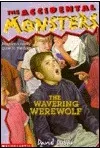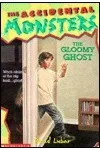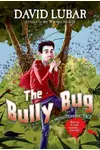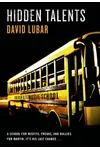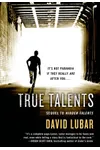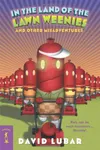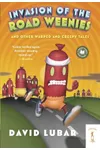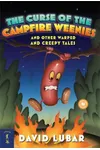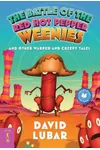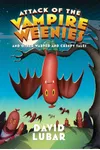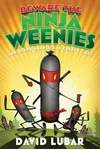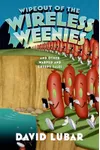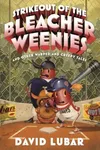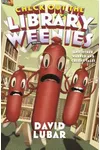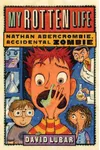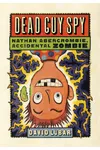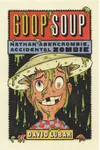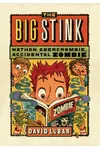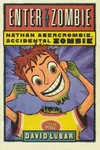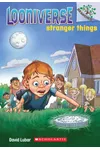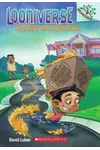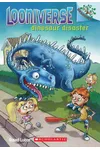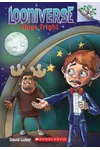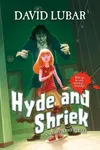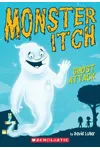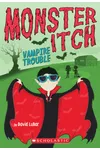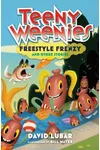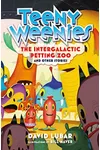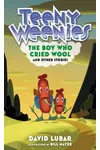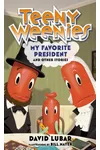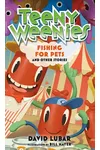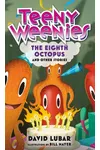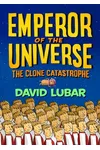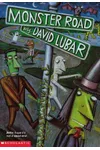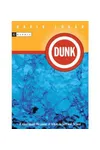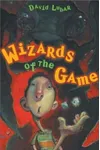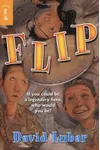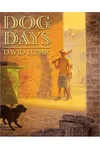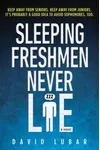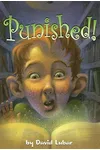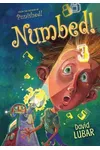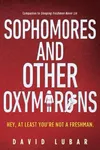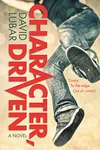Picture an American storyteller who spun tales of vampires, zombies, and witty teens, all with a mischievous grin—meet David Lubar! Born in 1954, this young adult author traded video game code for creepy, funny stories that have delighted reluctant readers for decades. His knack for blending humor and horror has made him a beloved voice in children’s literature.
From programming Frogger to penning bestsellers like Hidden Talents, Lubar’s journey is a testament to grit and creativity. His stories, packed with quirky characters and unexpected twists, capture the chaos of adolescence with a playful edge. Let’s dive into the world of David Lubar, where monsters lurk and laughs are never far behind.
The Making of David Lubar
Born and raised in Morristown, New Jersey, David Lubar grew up surrounded by books, thanks to his mother, a school librarian. As a kid, he devoured horror comics like Creepy and monster magazines, planting the seeds for his spooky tales. After earning a philosophy degree from Rutgers University, Lubar tried writing full-time but faced nearly 100 rejections. Undeterred, he pivoted to programming, designing games like Super Breakout and Frogger 2 in the 1980s. Yet, the pull of storytelling never faded, and by 1994, he returned to writing, determined to make his mark.
David Lubar’s Unforgettable Stories
Lubar’s books are a rollercoaster of humor, horror, and heart, perfect for teens who shy away from hefty classics. His debut novel, Hidden Talents (1999), follows Martin and his misfit friends with secret powers, earning an ALA Best Book for Young Adults nod. Sleeping Freshmen Never Lie (2005) captures the hilarious struggles of high school freshman Scott, blending witty observations with relatable chaos. Lubar’s Weenies short story collections, like In the Land of the Lawn Weenies, serve up creepy, bite-sized tales that have sold over three million copies. His Nathan Abercrombie, Accidental Zombie series adds a zany twist to the undead, with the first book, My Rotten Life, sparking an animated series in development.
Lubar’s style is a masterclass in balance: his humor is sharp but never cruel, and his horror is spooky without being grim. He crafts stories that resonate with young readers, avoiding dated references and tapping into universal themes like friendship and self-discovery. Whether it’s a vampire allergic to blood or a teen navigating gym class nightmares, Lubar’s characters leap off the page with authenticity and charm.
Why David Lubar Matters
David Lubar’s impact lies in his ability to reach reluctant readers, turning book-averse kids into eager fans. His fast-paced plots and laugh-out-loud moments make reading feel like an adventure, not a chore. Schools across the U.S. feature his novels on reading lists, with Dunk winning Pennsylvania’s Young Adult Book Award. Lubar’s school visits, filled with humor and empathy, inspire kids to embrace their creativity. His perseverance—bouncing back from rejections to become a prolific author—offers a powerful lesson for aspiring writers.
Beyond the page, Lubar’s legacy is his connection with readers. He understands the rollercoaster of adolescence and gives voice to its highs and lows. His stories remind us that even in a world of monsters, a good laugh can be the best defense.
- Born: March 16, 1954, Morristown, NJ
- Key Works: Hidden Talents, Sleeping Freshmen Never Lie, Weenies series, Nathan Abercrombie series
- Awards: ALA Best Book for Young Adults (Hidden Talents), Pennsylvania Young Adult Book Award (Dunk)
- Fun Fact: Lubar once wrote a limerick about carbonic acid for a science catalog!
Snag Hidden Talents or a Weenies collection and dive into David Lubar’s wickedly funny world of humor and horror!

